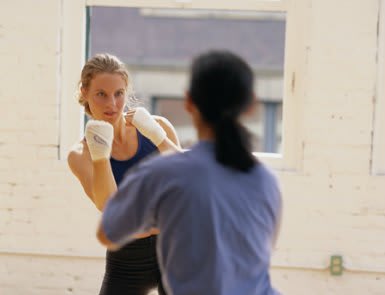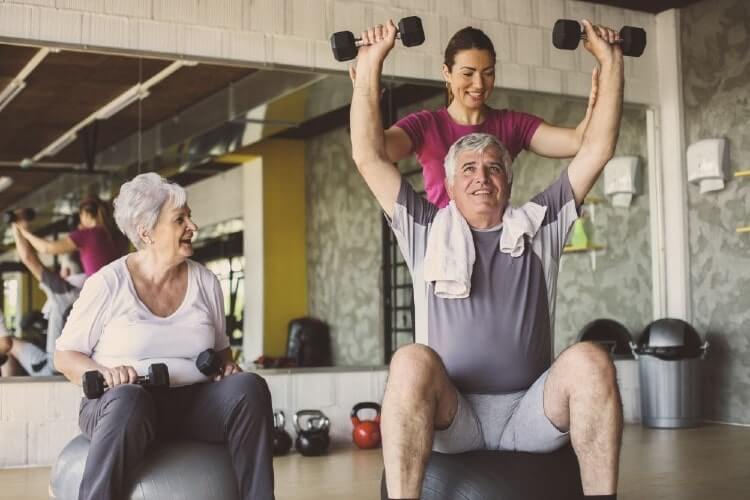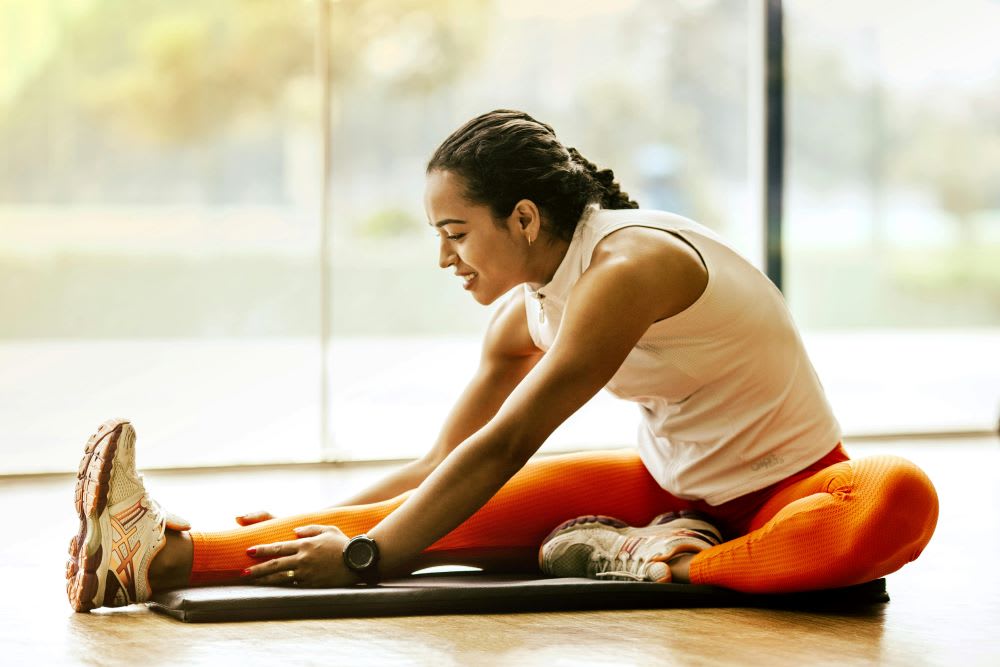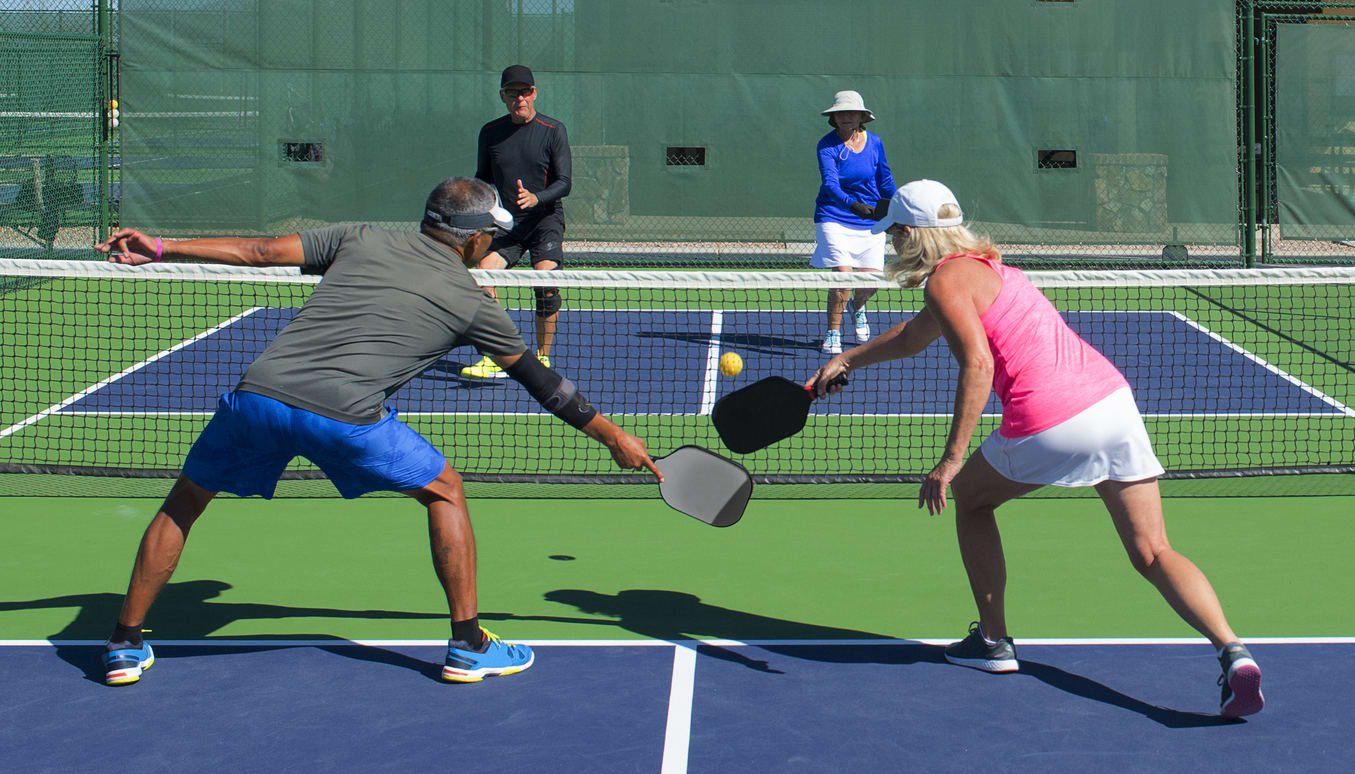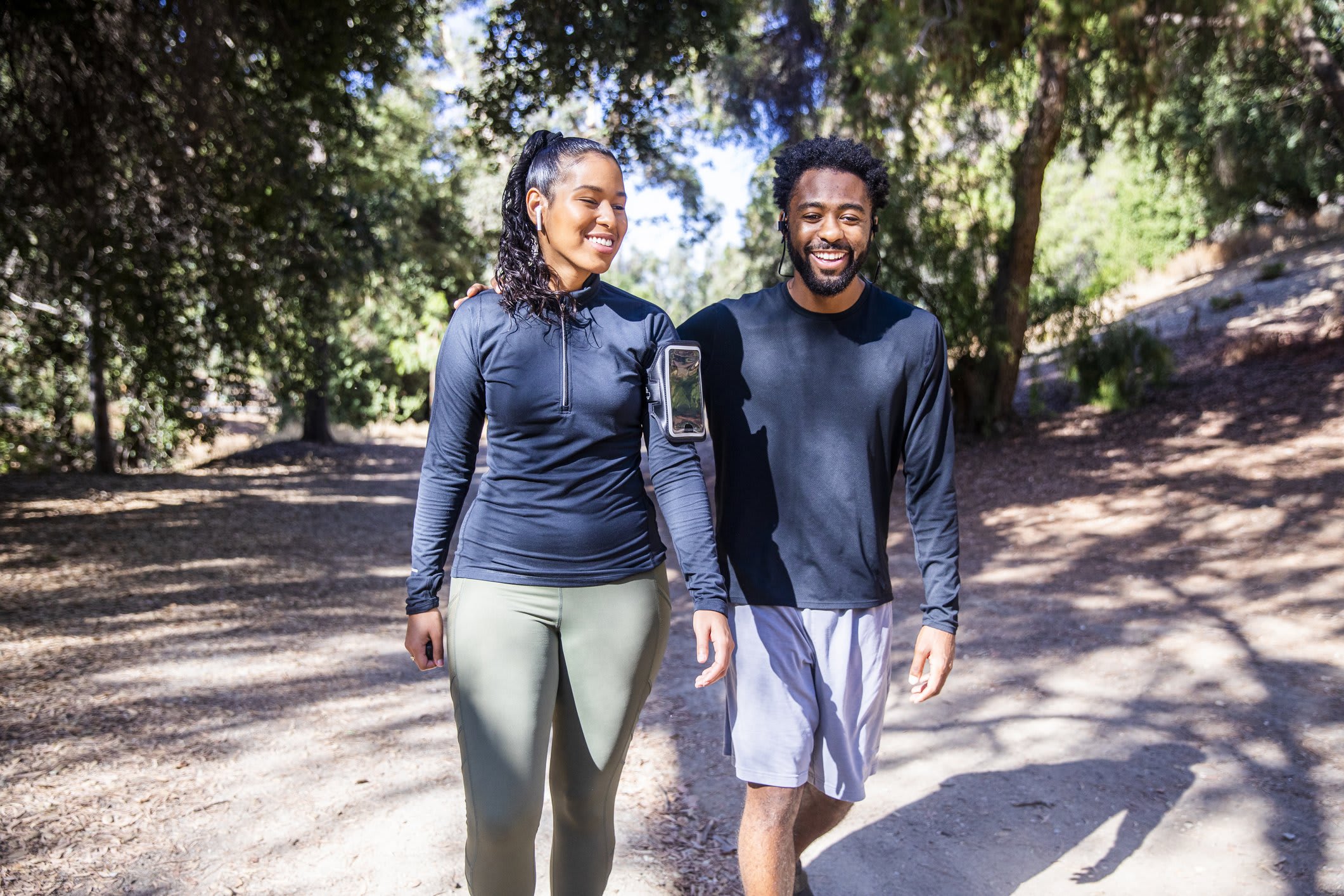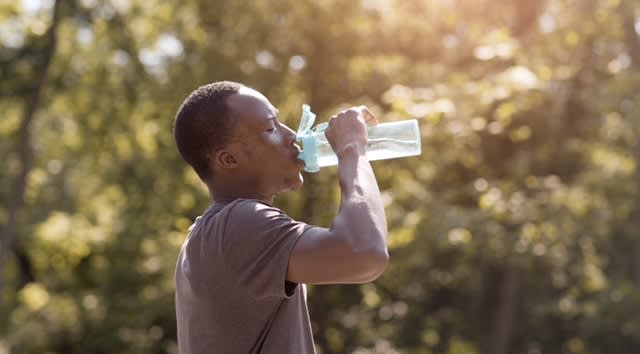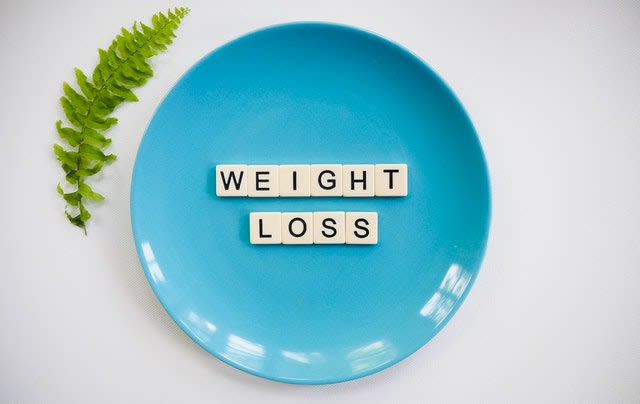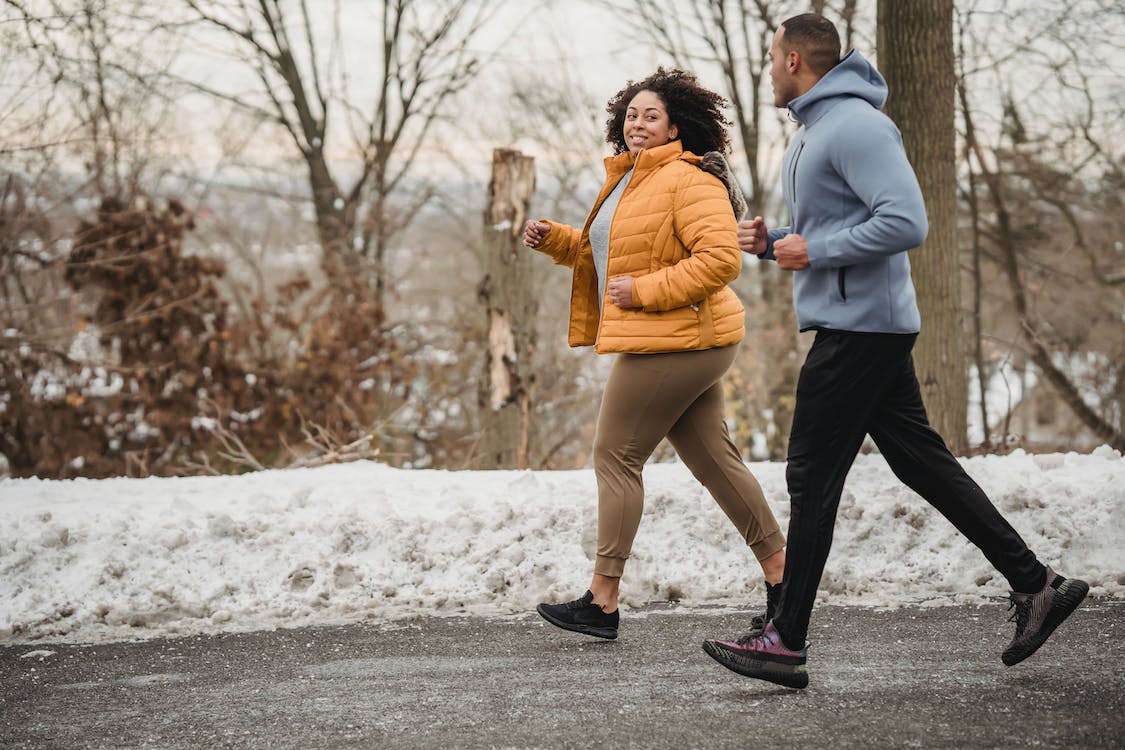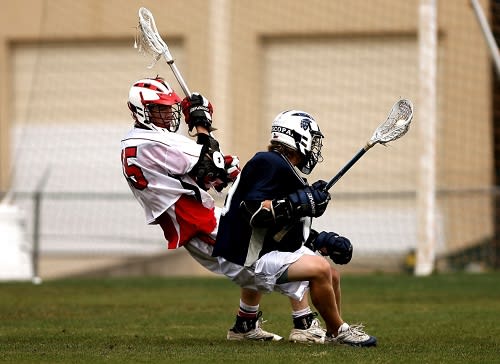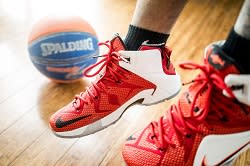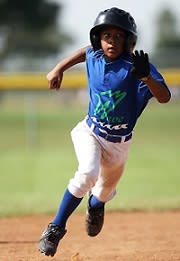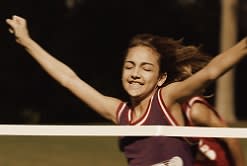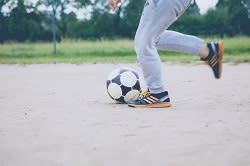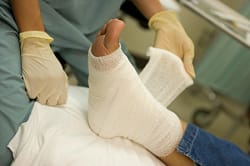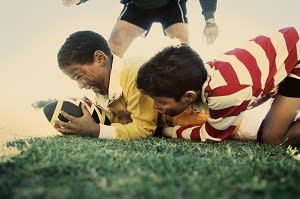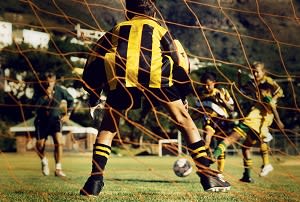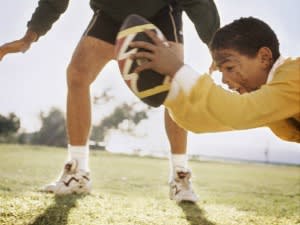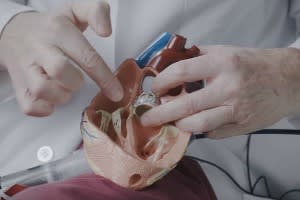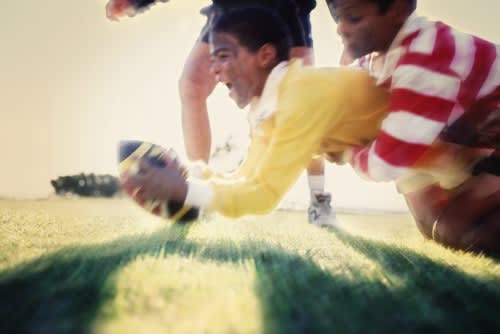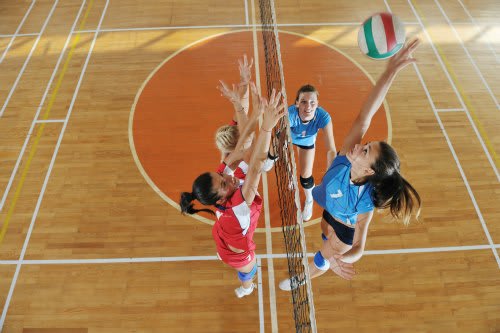Female Athletes: Training and Injury Prevention
Published: February 26, 2014l
Title IX of the Education Amendments of 1972 prohibited discrimination against females in sports, and as such, the number of female athletes has increased from approximately one in 25 to about one in three. Surveys among executive women consistently reveal the positive influence sports have on their professional lives, with the majority of these women being female athletes themselves and believing that their sports experience helped them develop leadership and other skills that contributed to their professional success. Leadership skills and teamwork are just two of the benefits that women can gain from being an athlete. The benefits for young females to become involved in athletics far outweigh the risks; however, it is important to be cautious of the following emotional and physical issues.
To perform optimally, athletes must meet their body's increased demand for protein, carbohydrates and vitamins and minerals. However, many young females avoid a balanced diet, especially calcium-rich dairy, to maintain a desirable body weight and image. The stress of high performance and maintaining an acceptable body image are generally much higher for females and often account for girls quitting their sports. They may even develop poor eating and other unhealthy habits down the road. In addition to eating healthy, keeping the body hydrated is of paramount importance. A mere 2% drop in body water can decrease performance and have deleterious effects on the body.
Sports participation involves more than physical activity. It also requires women to have a strong mental capacity and coping skills to deal with anxiety, stress of playing at premier levels, and constant pressure from themselves and peers. Astonishingly, by the age of 12, girls are six times more likely to drop out of sports than boys, mainly because the level of social support and positive reinforcement for young women lacks in comparison to that available for young men.
Sports injuries are on the rise and high school athletics alone account for approximately two million injuries annually among males and females. We (coaches, ATCs, parents, athletes) tend to treat young athletes as we would adults, even though adolescent bodies are still maturing with vulnerable growth plates. Also accounting for the increase is sport specialization, with athletes specializing in a single sport or specific positions (i.e. pitching) at a younger age. This makes them susceptible to overuse injuries much earlier in their career. Encouraging kids to participate in multiple sports or different positions within one sport will allow for whole body conditioning and reduce the risk of overuse injuries.
Young female athletes are also vulnerable to injury due to insufficient rest time or choosing to “play through the pain,” and exacerbating an existing injury. Athletes can work with coaches, athletic trainers and even a sports medicine doctor to understand the body's weaknesses and how to strengthen and decrease the risk of injury to that area. For a full recovery, an athlete should halt an activity with the onset of pain and seek an evaluation from a medical professional.
All sports have risks of injuries, but there are many ways to help prevent them. Pre-season conditioning, particularly for high school and college athletes, is a great way to stay in shape during the off-season and to ensure the body is ready for a higher level of play. A pre-game warm-up and post-game cool-down are important, with the former serving to increase the heart rate and the blood flow to muscles before sports participation. Blood carries oxygen and nutrients that muscles need to recover from strenuous activity. Regular stretching lengthens the muscles and increases the range of motion, allowing muscles to reach beyond their normal limits. Finally, continuous hydration, proper nutrition and getting enough sleep help to keep the body healthy and strong.
To perform optimally, athletes must meet their body's increased demand for protein, carbohydrates and vitamins and minerals. However, many young females avoid a balanced diet, especially calcium-rich dairy, to maintain a desirable body weight and image. The stress of high performance and maintaining an acceptable body image are generally much higher for females and often account for girls quitting their sports. They may even develop poor eating and other unhealthy habits down the road. In addition to eating healthy, keeping the body hydrated is of paramount importance. A mere 2% drop in body water can decrease performance and have deleterious effects on the body.
Sports participation involves more than physical activity. It also requires women to have a strong mental capacity and coping skills to deal with anxiety, stress of playing at premier levels, and constant pressure from themselves and peers. Astonishingly, by the age of 12, girls are six times more likely to drop out of sports than boys, mainly because the level of social support and positive reinforcement for young women lacks in comparison to that available for young men.
Sports injuries are on the rise and high school athletics alone account for approximately two million injuries annually among males and females. We (coaches, ATCs, parents, athletes) tend to treat young athletes as we would adults, even though adolescent bodies are still maturing with vulnerable growth plates. Also accounting for the increase is sport specialization, with athletes specializing in a single sport or specific positions (i.e. pitching) at a younger age. This makes them susceptible to overuse injuries much earlier in their career. Encouraging kids to participate in multiple sports or different positions within one sport will allow for whole body conditioning and reduce the risk of overuse injuries.
Young female athletes are also vulnerable to injury due to insufficient rest time or choosing to “play through the pain,” and exacerbating an existing injury. Athletes can work with coaches, athletic trainers and even a sports medicine doctor to understand the body's weaknesses and how to strengthen and decrease the risk of injury to that area. For a full recovery, an athlete should halt an activity with the onset of pain and seek an evaluation from a medical professional.
All sports have risks of injuries, but there are many ways to help prevent them. Pre-season conditioning, particularly for high school and college athletes, is a great way to stay in shape during the off-season and to ensure the body is ready for a higher level of play. A pre-game warm-up and post-game cool-down are important, with the former serving to increase the heart rate and the blood flow to muscles before sports participation. Blood carries oxygen and nutrients that muscles need to recover from strenuous activity. Regular stretching lengthens the muscles and increases the range of motion, allowing muscles to reach beyond their normal limits. Finally, continuous hydration, proper nutrition and getting enough sleep help to keep the body healthy and strong.
Featured Expert/ Author

Stamford Health Medical Group Member


